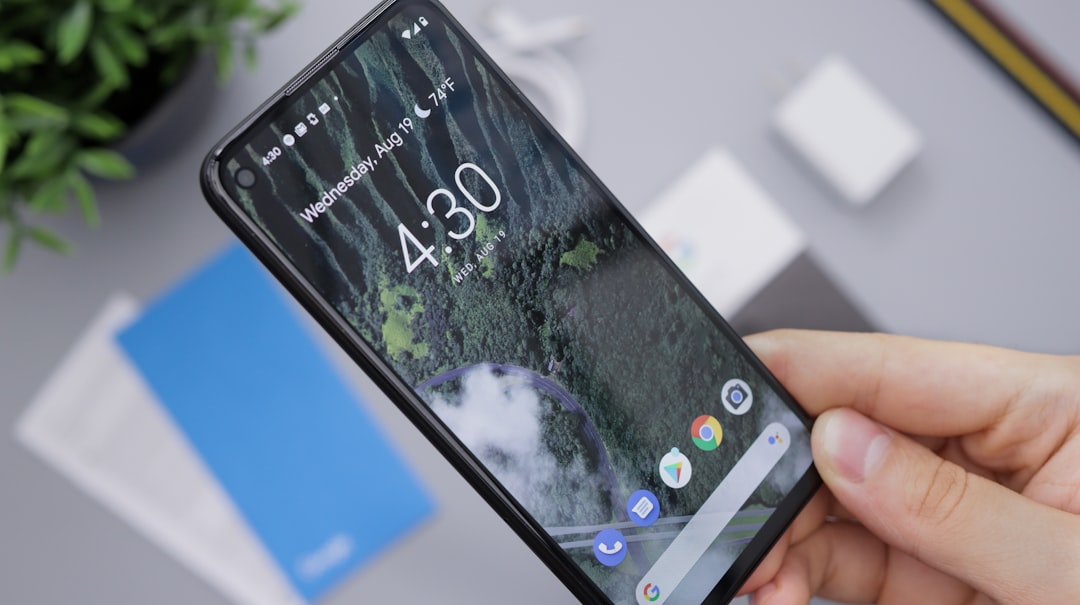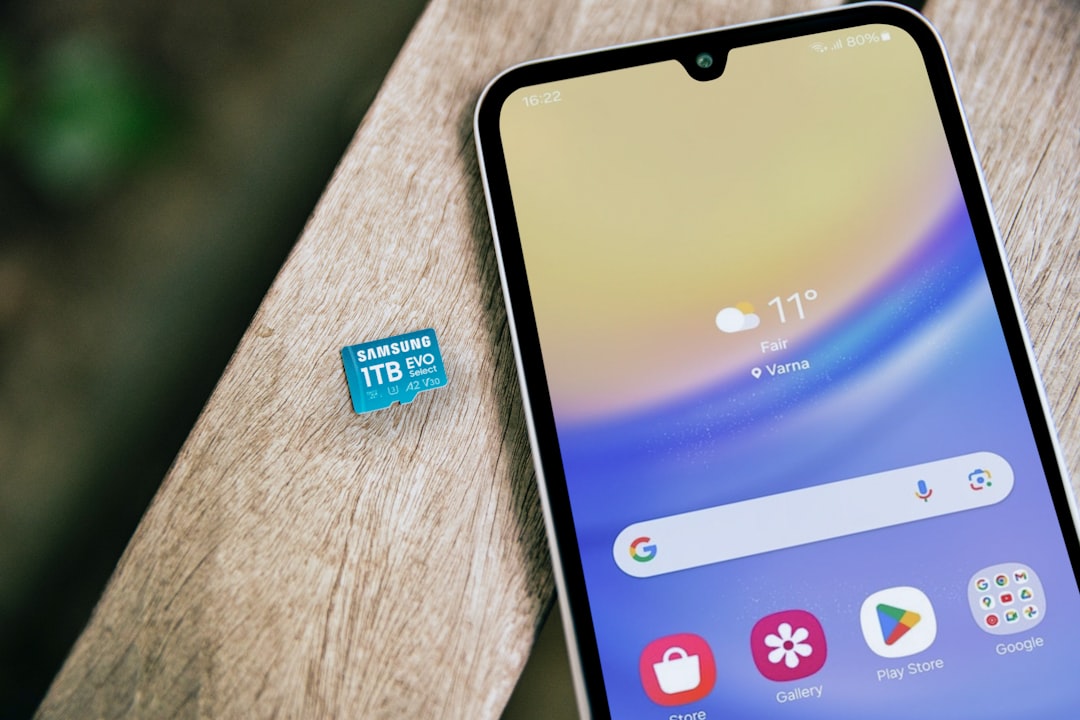In Isola, Mississippi, robocalls for local fundraising have sparked both interest and concern amid national trends of automated outreach. While technology offers opportunities, it also presents challenges, with residents seeking legal action against spam calls. Non-profits must navigate strict anti-telemarketing laws to avoid fines and maintain public trust, best achieved by consulting Spam Call Lawyers in Mississippi for guidance on consent, opt-outs, and record-keeping.
In today’s digital age, robocalls have become a ubiquitous nuisance, with significant implications for local fundraising efforts. This article delves into the impact of automated phone calls on Isola, Mississippi’s, community-driven initiatives. We explore how these calls present both challenges and opportunities in the fundraising landscape, offering insights into their prevalence and potential strategies to mitigate spam. Additionally, we discuss legal considerations, highlighting the role of Spam Call Lawyers Mississippi in navigating regulatory frameworks to ensure ethical fundraising practices.
Understanding Robocalls and Their Prevalence in Isola, Mississippi

In the digital age, robocalls have become an increasingly prevalent form of communication in Isola, Mississippi, much like elsewhere across the nation. These automated phone calls, often associated with marketing or political messaging, are designed to reach a large number of people quickly. However, their use for fundraising purposes by local organizations in Isola has sparked both interest and concern among residents. With the rise of technology, spam call lawyers Mississippi have also seen an uptick in cases related to misleading or harassing robocalls targeting potential donors.
The ease and efficiency of robocall campaigns make them a tempting tool for fundraising efforts. Local charities and political committees alike may utilize this method to reach a wide audience in Isola efficiently. However, the line between effective outreach and consumer protection can be thin. As such, it’s crucial for organizations conducting robocalls for fundraising to adhere to regulations and respect the privacy of their recipients, lest they face legal repercussions from spam call lawyers Mississippi or face backlash from the community.
The Impact on Local Fundraising Efforts: Challenges and Opportunities

In the age of digital communication, local fundraising efforts in Isola have faced both challenges and opportunities due to the rise of robocalls. While automated phone calls can be a nuisance, particularly when they’re unwanted or mistaken for spam, they also present an avenue for community engagement and support. Many residents in Mississippi, frustrated by excessive robocalls, are turning to legal action with the help of spam call lawyers, who offer strategies to mitigate these intrusive calls. This shift has created a unique dynamic where fundraising organizations must adapt their approaches.
On one hand, robocalls can deter potential donors due to their perceived invasiveness. However, they also have the potential to reach a broader audience, including those who may not traditionally engage with local causes. By understanding and navigating this digital landscape, fundraising initiatives in Isola can evolve and harness technology to strengthen community ties and secure essential support for local projects.
Legal Considerations and Strategies for Handling Spam Calls in the Context of Fundraising

In the realm of local fundraising, navigating the landscape of robocalls and spam calls can be a complex task, especially for non-profit organizations and charities in Isola. While automated phone systems have their merits in reaching potential donors, they also present significant legal considerations when used for commercial purposes like fundraising. Mississippi has specific laws in place to protect consumers from unwanted telemarketing practices, including spam calls. Engaging in such activities without proper authorization can result in substantial fines and legal repercussions.
To handle spam calls effectively, organizations should consider retaining the services of experienced Spam Call Lawyers in Mississippi. These legal professionals can guide fundraising entities on how to comply with state regulations, ensuring their phone campaigns remain legitimate and respectful of recipients’ privacy. Strategies may include obtaining explicit consent, providing opt-out mechanisms, and maintaining detailed records of donor interactions to demonstrate compliance. By adopting these measures, local fundraising efforts can maintain a positive image while effectively reaching out to potential supporters.






